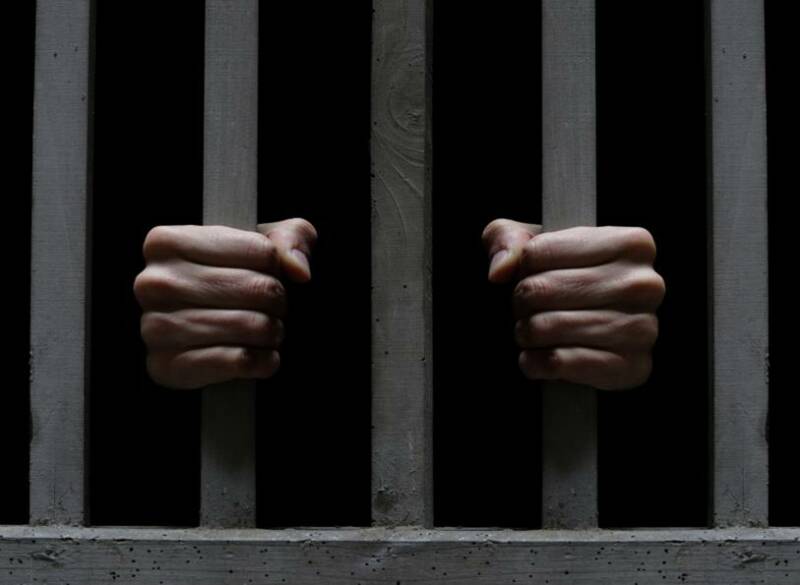Why We Incarcerate: Four Theories of Criminal Detention

As Californians work together to reform a prison system with costs spiraling out of control, it is simply not enough to mouth tired old talking points and bromides. What we need is a very serious- almost philosophical- discussion about the role prisons should play in a society. Part of the confusion and contention over the best solutions may stem from deeper differences in belief that many Californians may not have even considered.
To use a brief illustration: Aristotle wrote that if we want to determine if a thing is good or not, we have to determine its function first, and then we can see if it carries out its function well. Because the purpose of a knife is to cut, he argues, a good knife is a knife that cuts well.
It would seem however, that in many discussions of prison reform, journalists, bloggers, and opinion columnists seem to take for granted one or another view of the prison system's purpose, without stopping to explicitly identify and defend that view. So let us review four competing (though by no means mutually exclusive) theories:
Justice: The idea here is that the purpose of a penal system is to punish inmates in order to set things right- to make them pay a sort of moral debt they owe to their victims and society. One of the world's oldest systems of law was enumerated in the Code of Hammurabi, which expresses this view of the law and its enforcement where it says in its statement of purpose, "to bring about the rule of righteousness in the land, to destroy the wicked and the evil-doers."
Deterrence: In just the next line, the Code of Hammurabi neatly sums up a second theory where it says, "so that the strong should not harm the weak." Typically, when a politician or pundit supports stricter mandatory sentencing for a crime, they are implicitly arguing that the purpose of a prison system is to deter people from committing it. They will often cite statistics about how drunk driving, for instance, is out of control, and then propose stricter sentencing as a solution.
Reform: The progressives of the 19th and 20th century argued something entirely new and different about America's penal system- that it shouldn't exist primarily to penalize convicts, but to reform them. A good prison system, according to this theory, is one that excels at educating, counseling, and treating prisoners so that they will be better people and less likely to commit their crime again.
Safety: Finally, discussions about prison effectiveness and reform often center on the assumption that their purpose is to keep people like John Gardner (who raped and murdered two teenage girls in the period of a year in San Diego) separated from society, so that they will physically not be able to commit their crimes again. This theory was implicit in a 2000 probation report, which contained a psychiatrist's evaluation concluding that John Gardner had "significant predatory traits toward underage girls and should be kept in prison for as long as possible."
While the four theories above are not mutually exclusive, and probably not exhaustive of all possible theories behind the operation of a state's prison system, they represent a brief overview for the purpose of discussion and reflection.
Before we decide how to forge a better prison system, we have to determine what exactly our prison system exists to do.
What do you think?




